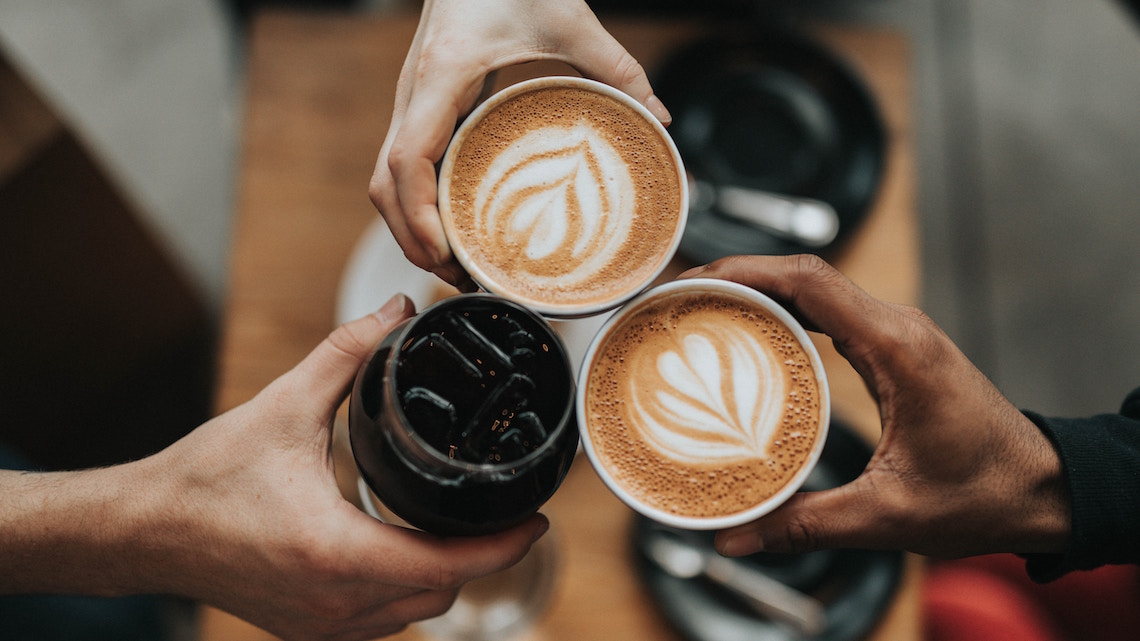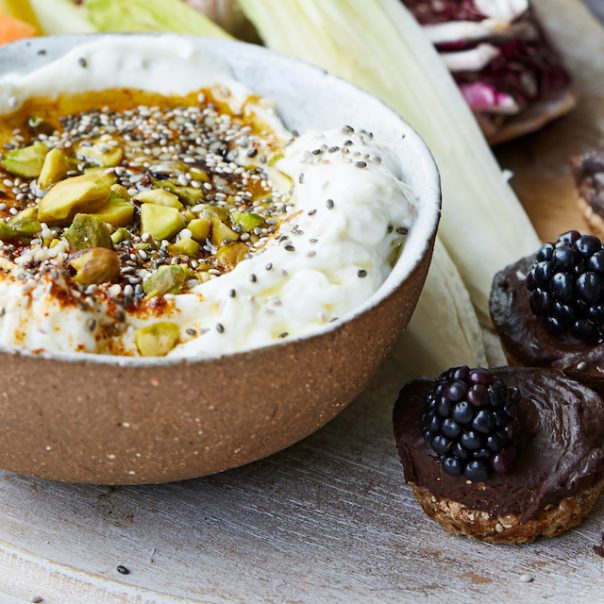It’s the reason many of us get up in the morning. The afternoon pick-me-up that never lets you down. The hot steamy brew on your morning commute or the rich slow sip to enjoy over weekend catch-ups with friends.
Whether you’re an espresso type, latte art critic, love your filter, batch brew or can’t go past a mug of good old instant, there is arguably no other drink that fulfils quite as many important roles in our lives as the humble coffee.
On 1 October we celebrate World Coffee Day and pay homage to one of the world’s oldest and most beloved beverages. With a history as rich as its flavour, the origins of coffee date back over a thousand years. The first coffee plants were located in Ethiopia, where native tribes are thought to have ground the beans with animal fat, rolling the mixture into little balls and giving them to warriors as an energy-boost before the battle. In the 15th century, coffee cultivation began and quickly spread around the world, with the highly sought-after plants smuggled into India, and then into Europe. In the 17th century, the Dutch introduced it to their colonies in Indonesia while the French started planting it in the Americas. Today, more than 2.25 billion cups of coffee are consumed in the world every day.
Coffee and our health
For a long time, coffee has been a bit of a black sheep in the health world. While we love to drink it, we’ve all been well warned of the health risks — that it can raise your blood pressure, make your heart race, impair sleep, and maybe even cause cancer.
However, there is now increasing evidence that coffee might actually be good for you. In a June 2016 report, the WHO officially lifted coffee from the list of potentially carcinogenic foods. On the contrary, in fact, it went on to designate coffee as potentially protective against cancer of the uterus and liver.
In another important study published in Circulation in November 2015, coffee consumption of one to five cups per day was associated with a lower risk of mortality when compared to not drinking coffee. And, in further research published in The BMJ in 2017, researchers found that drinking three cups of coffee a day was associated with great benefit for cardiovascular disease, coronary heart disease, and stroke when compared with not drinking coffee.
How and How Much?
As with many things in life, the key to getting the health benefits of coffee lies in the balance: understanding how much of it is good for us, and the best ways to enjoy it.
Although we don’t have any concrete evidence that drinking six or more cups of coffee is dangerous, the risk of negative side effects is lower with moderation. Some of the not-so-fun side effects you can experience with a higher coffee intake include impaired sleep, a “speedy” or jittery feeling, and even increased anxiety. Heartburn, frequent urination (because caffeine is a diuretic), and heart palpitations are also a problem for some coffee drinkers.
In terms of how to enjoy it, the brewing method is entirely up to you but it is important not to drink it too hot! The WHO has recently raised concerns that drinking coffee (or other beverages) at temperatures higher than 65° C (or 149° F) may increase the risk of esophageal cancer. So make sure you’re adding a little cool water to black coffee, and hold off asking your barista for “extra hot, please!”
Thankfully, there are plenty of ways to enjoy coffee that don’t require it to be super hot. In fact, ice coffee and cold filter coffees are perfect on a summer’s day. Or, why not try making this delicious Espresso Chia Pudding recipe that we’ve created especially to celebrate World Coffee Day?

